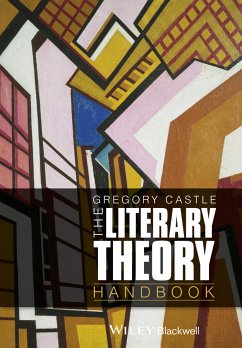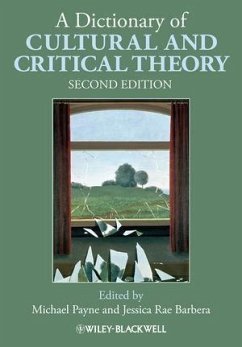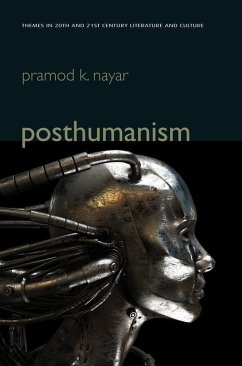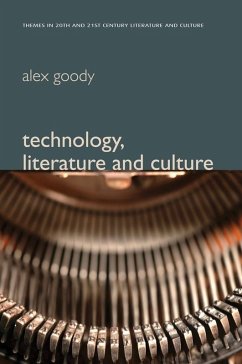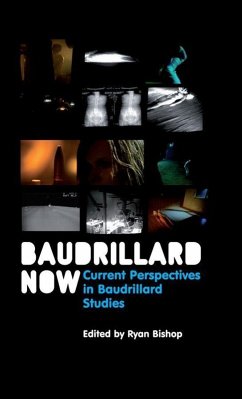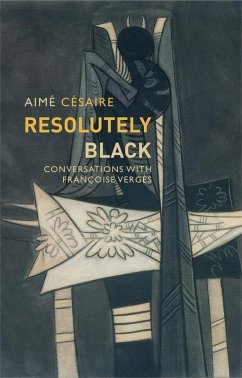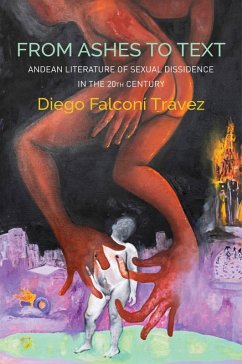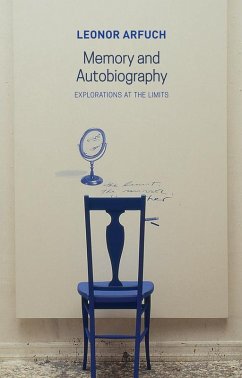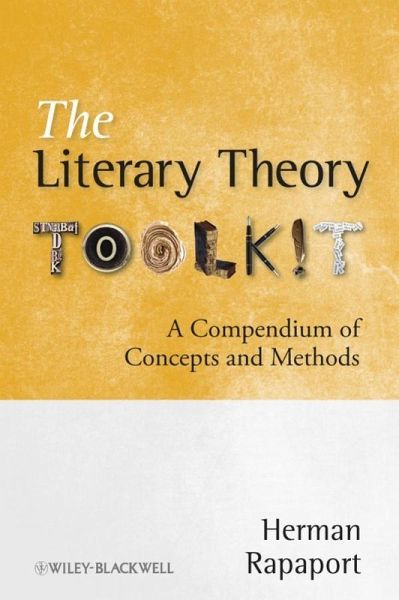
The Literary Theory Toolkit (eBook, ePUB)
A Compendium of Concepts and Methods
Versandkostenfrei!
Sofort per Download lieferbar
21,99 €
inkl. MwSt.
Weitere Ausgaben:

PAYBACK Punkte
0 °P sammeln!
The Literary Theory Toolkit offers readers a rich compendium of key terms, concepts, and arguments necessary for the study of literature in a critical-theoretical context. * Includes varied examples drawn from readily available literary texts spanning all periods and genres * Features a chapter on performance, something not usually covered in similar texts * Covers differing theories of the public sphere, ideology, power, and the social relations necessary for the understanding of approaches to literature
Dieser Download kann aus rechtlichen Gründen nur mit Rechnungsadresse in D ausgeliefert werden.




